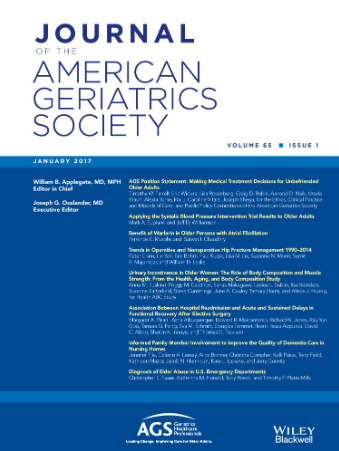Prognostic understanding among caregivers of persons with dementia: A scoping review
Abstract
Introduction
Despite the influence of caregivers' prognostic understanding (PU) on the end-of-life care for persons with dementia (PwDs), the literature on PU of caregivers of PwDs is sparse. We conducted a scoping review to understand the variation in existing definitions and measurement of caregivers' PU for PwDs. We also aimed to synthesize the prevalence of caregivers' correct PU and the factors (caregiver, PwD and healthcare related) associated with it.
Methods
We systematically searched four databases—MEDLINE/PubMed, EMBASE, SCOPUS, and CINAHL. We included studies where study participants were informal caregivers, their PU was assessed, and measurement tool was implicitly described. We excluded studies where study participants were paid caregivers.
Results
Out of the 2160 studies screened, we included 15 published between 2009 and 2023. The included studies measured caregivers' PU as limited estimated life expectancy, understanding that dementia is incurable and life-limiting. Estimated life expectancy was the most common measure of PU among caregivers to PwDs. Across studies, around 90% of caregivers acknowledged dementia as incurable, while only about 40% acknowledged it as life-limiting. Caregivers of PwDs who were sicker (acute medical problems or functional dependence) and those who had discussed goals of care with healthcare providers were more likely to have more accurate PU for PwDs. Caregivers' with better PU were more likely to state a preference for comfort-focused care, and their PwDs were likely to receive fewer burdensome interventions and experience greater comfort during the dying process.
Conclusion
Our findings highlight the need for a comprehensive measure to assess the multifaceted nature of caregivers' PU, delve deeper into factors influencing caregivers' PU, and explore its impact on caregivers themselves.

 求助内容:
求助内容: 应助结果提醒方式:
应助结果提醒方式:


